Planned giving
is a way for people to donate to or continue supporting an organization after their death. The easiest way to “plan” your gift is by including a specific bequest to the organization(s) you want to support in your will.
If you choose to make a bequest in your will, you can choose to leave Federated Health Charities a specific amount of money, or a percentage of the value of your total possessions. You make the arrangements today and Federated Health Charities will receive your gift after your death. A bequest can be a donation of cash, property, investments and securities, a life insurance policy, or the unused proportion of an RRSP. Most donations made through planned giving are eligible for a tax receipt, which can help offset inheritance taxes on your estate.
If you are interested in including a gift to Federated Health Charities in your will, we recommend discussing your plans with your financial planner, lawyer, or both so that you understand the financial and tax implications for your estate. Whatever amount you may leave for Federated Health Charities we would accept it with gratitude and distribute the funds in accordance with your will thus keeping your legacy alive.
Get in touch to discuss your plans to leave a legacy

Our 21 member charities
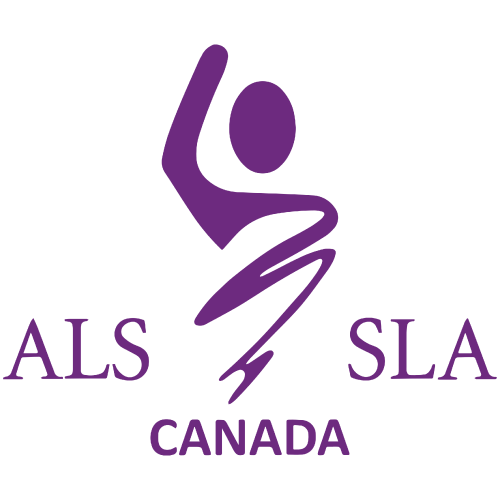




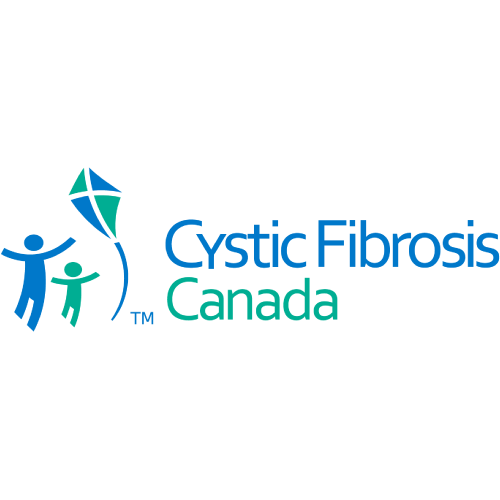

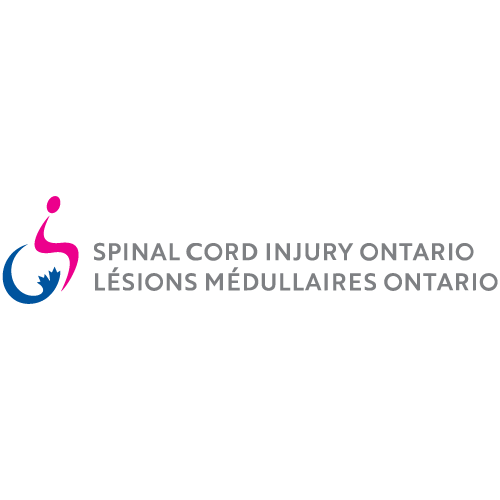

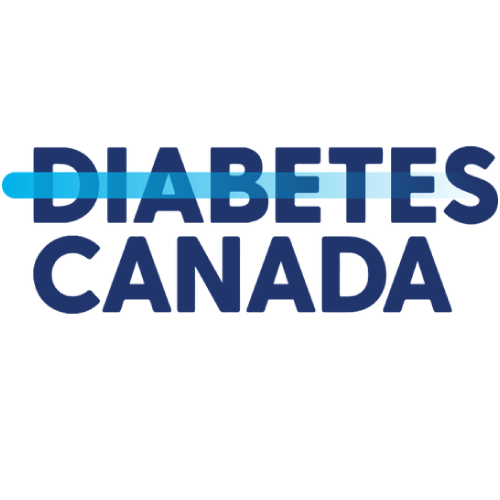
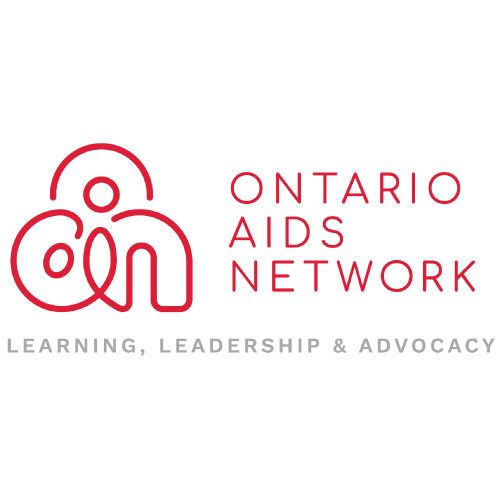
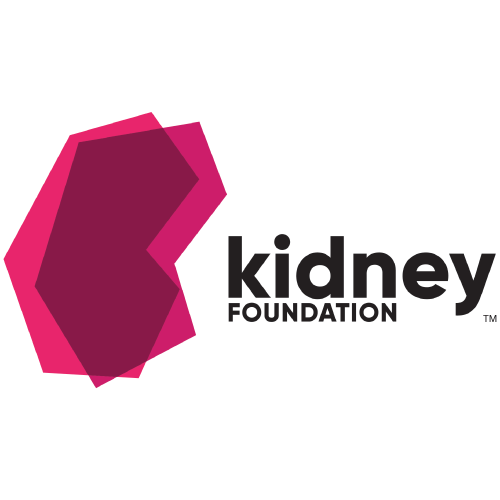
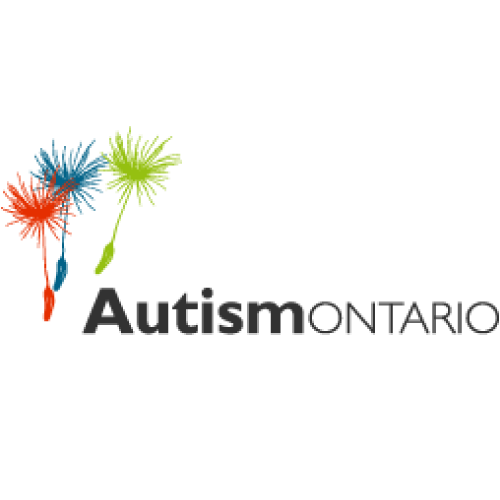

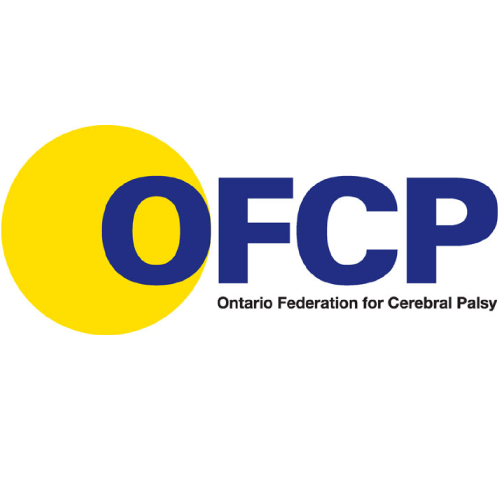

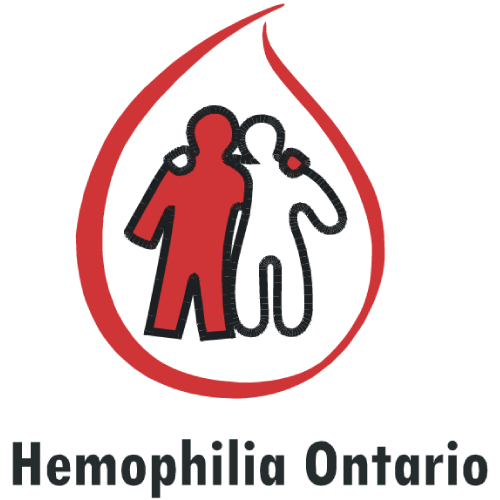
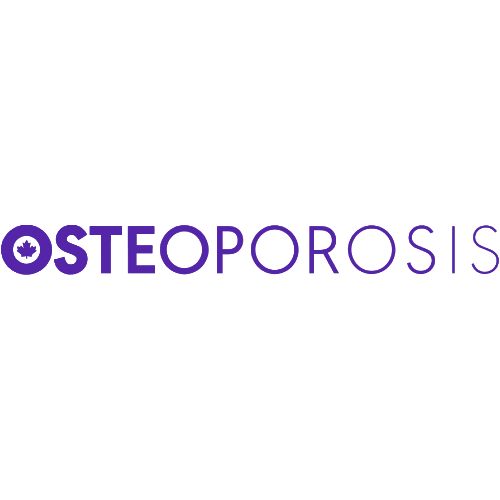
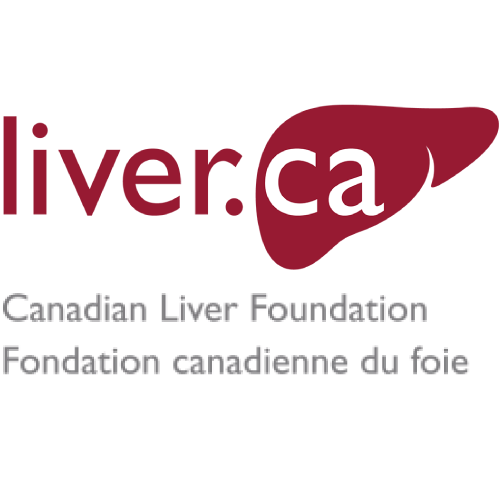














































For general questions:
Sarah Wood
Executive Director
437-925-6227
sarah.wood2@ontario.ca
Address
315 Front St. West, 5th Floor
Toronto, ON
M7A 0B8
Follow us

For general questions:
Sarah Wood
Executive Director
437-925-6227
sarah.wood2@ontario.ca
Address
315 Front St. West, 5th Floor
Toronto, ON
M7A 0B8
Follow us
© 2024 | Federated Health Charities. All rights reserved. Privacy policy. Designed by Cristhian Arevalo Leon.


